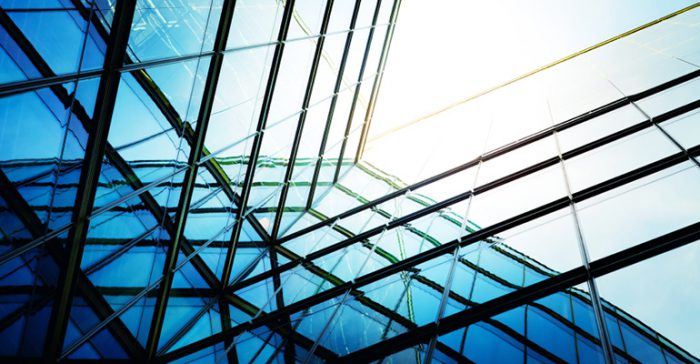Smart building technology helps reduce energy costs
RCR Wireless News, July 25, 2016
Many older buildings have the capability to become smart buildings, but owners and executives often overlook the perks of automation. Taking advantage of a smart building can lead to significant financial gain for property owners, and increase production of those working within these structures.
Smart building systems also can improve building operations, sustainability and decision making. There are several ways these increasingly less expensive systems can help save money by optimizing operations and increasing efficiency. Some of these money-saving processes, according to the Building Efficiency Initiative, include:
- Matching occupancy patterns to energy use: A smart building will run leaner when there are fewer people inside.
- Proactive maintenance of equipment: Analysis algorithms will detect problems in performance before they cause expensive outages, maintaining optimum efficiency along the way.
- Dynamic power consumption: By taking signals from the electricity market and altering usage in response, a smart building ensures the lowest possible energy costs and often generates revenue by selling load reductions back to the grid.
According to Buildings, here are some more specific use cases for smart buildings:
- Smart lighting – Pair networked lighting with a building energy management system for a building that can switch lights on and off at optimal times and vary light levels, as well as do a comparative analysis of whether the impact on heating, ventilating, and air conditioning energy use that results from adjusting smart windows to let in sunlight will be smaller or greater than darkening the windows and turning the lights up.
- Smart HVAC – The report, New Horizons for Energy Efficiency, recommends tying HVAC into the building energy management system to maximize savings.
- Other smart building components – Smart windows that lighten or darken depending on sunlight intensity are recommended, as they can help reduce the HVAC and lighting loads and reduce glare. A study by the Lawrence Berkeley National Laboratory cited in the ACEEE report described savings of 19-26% on cooling and 48-67% on lighting if smart windows are implemented.
